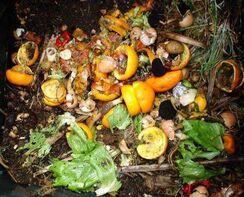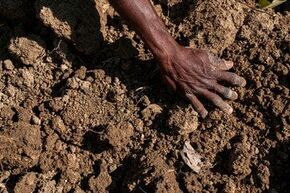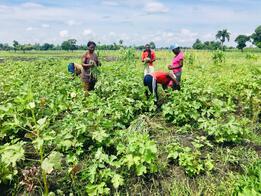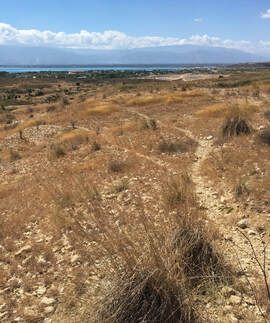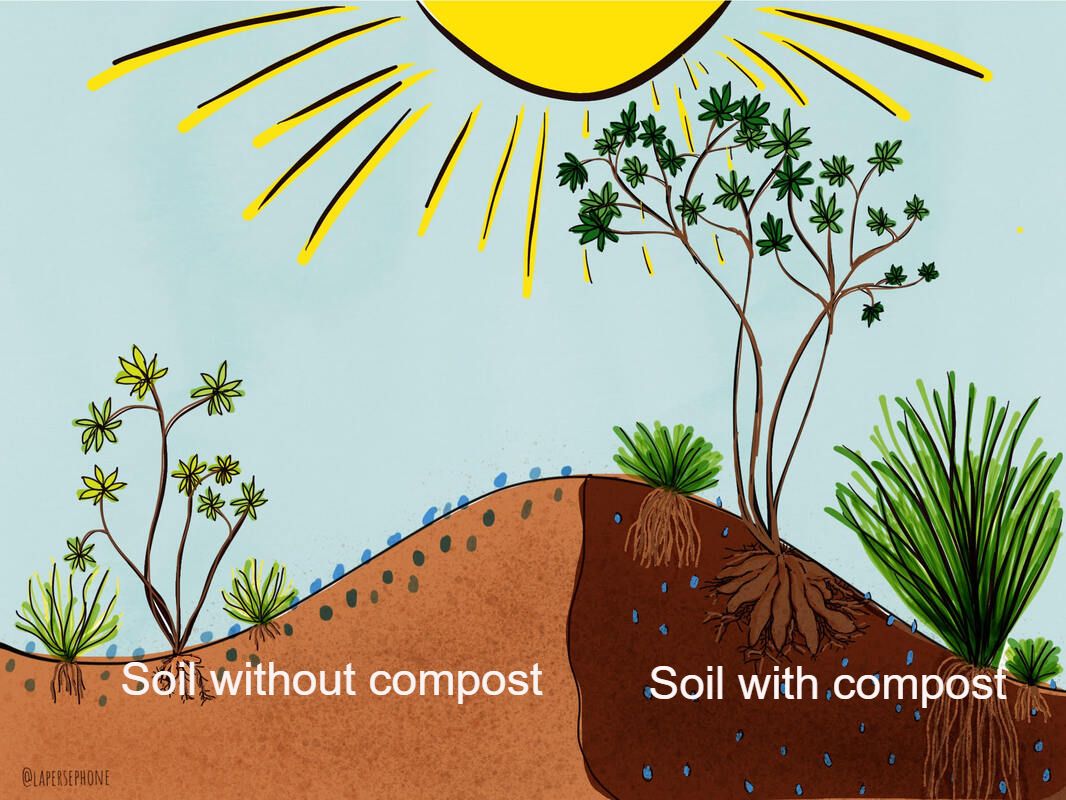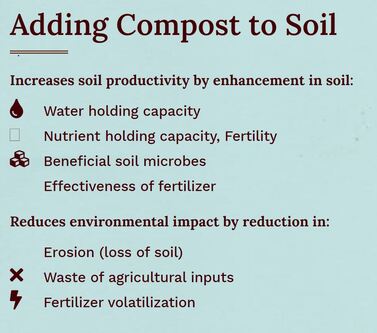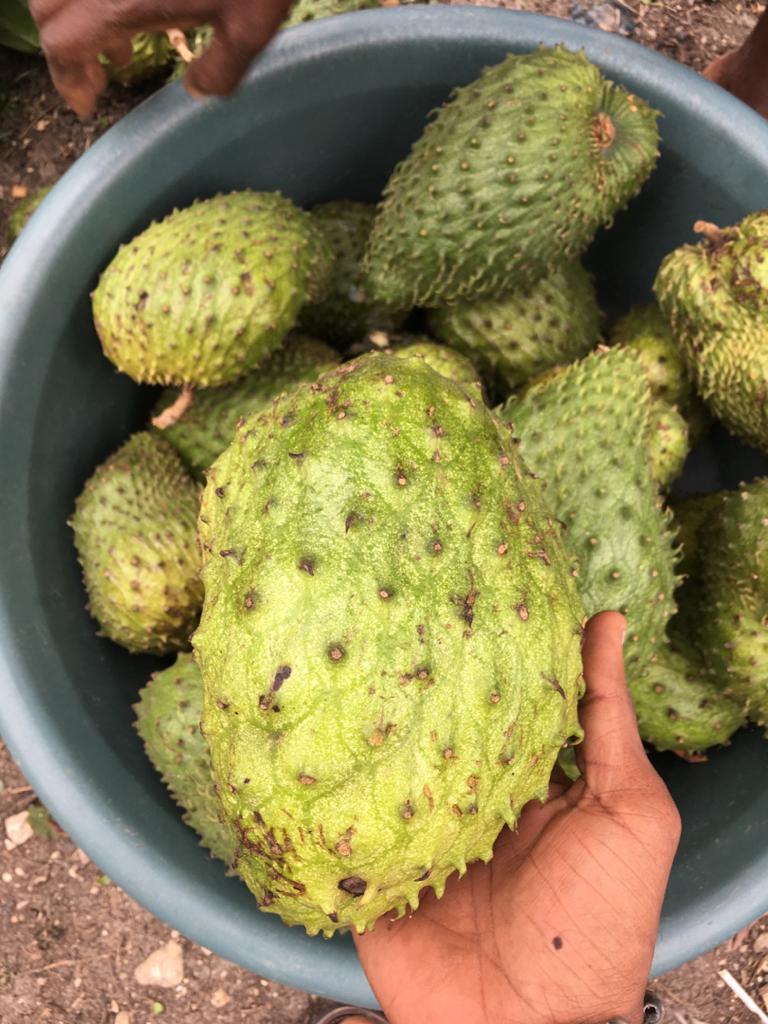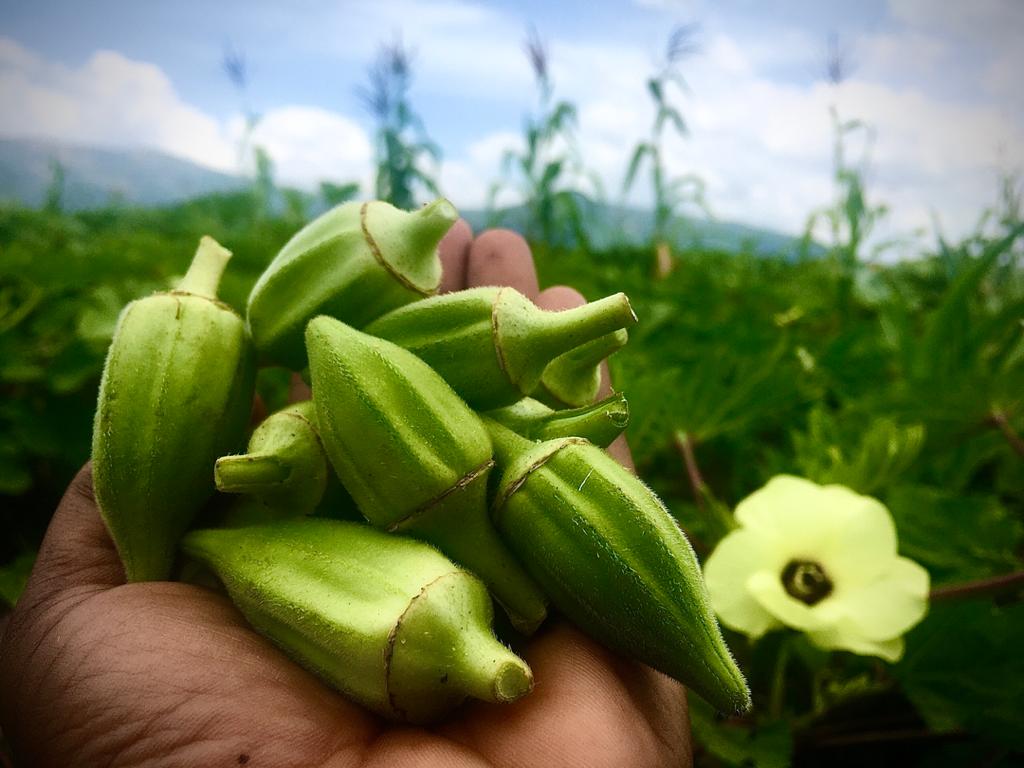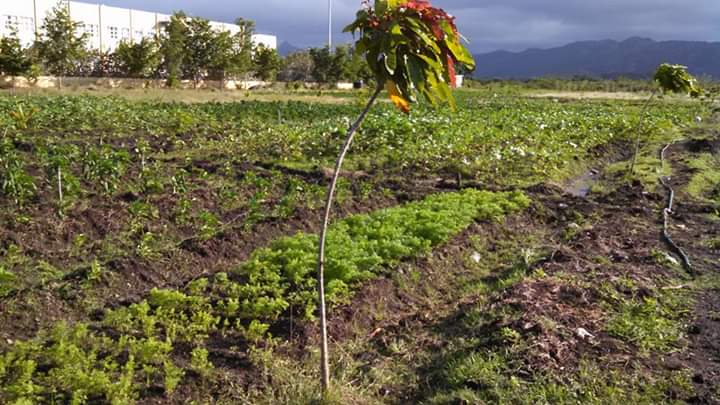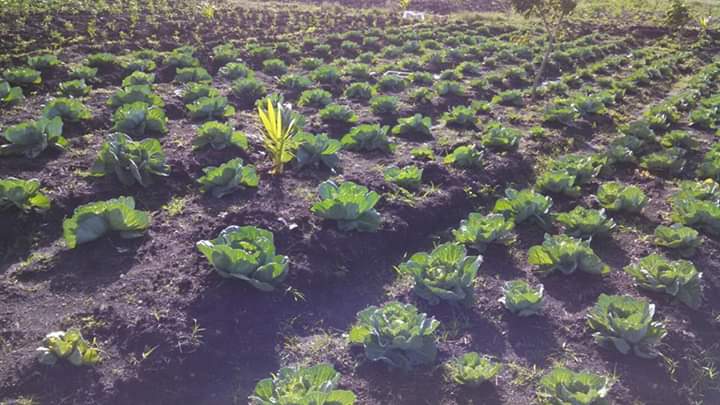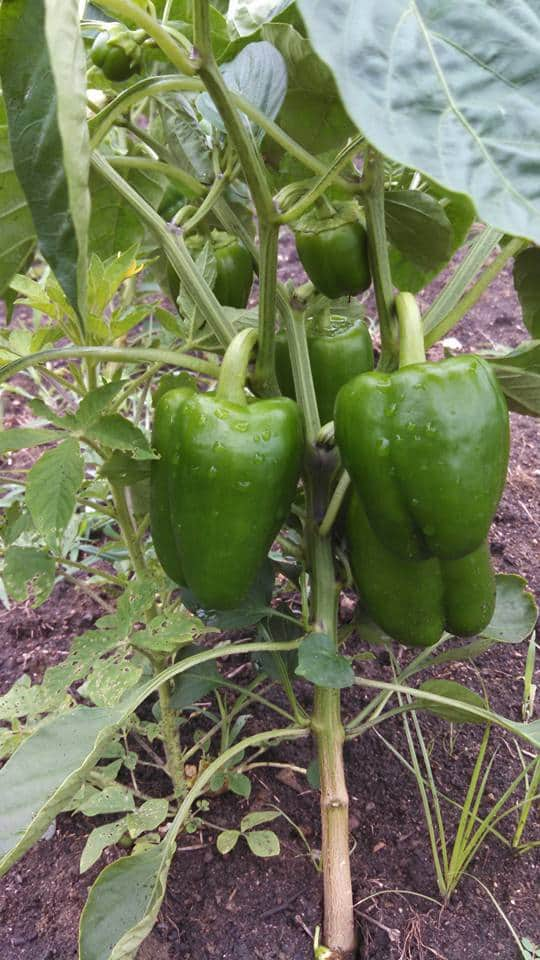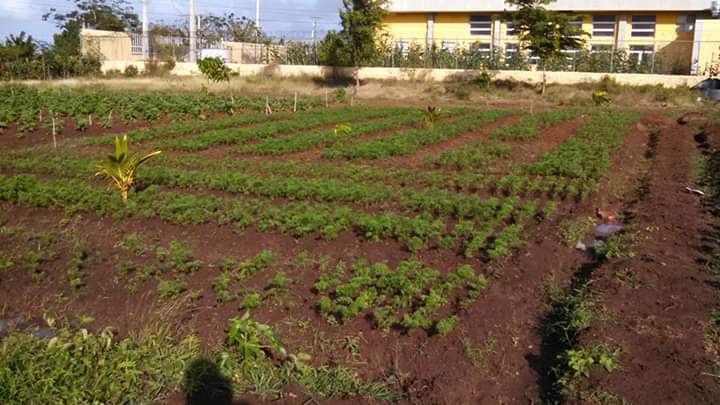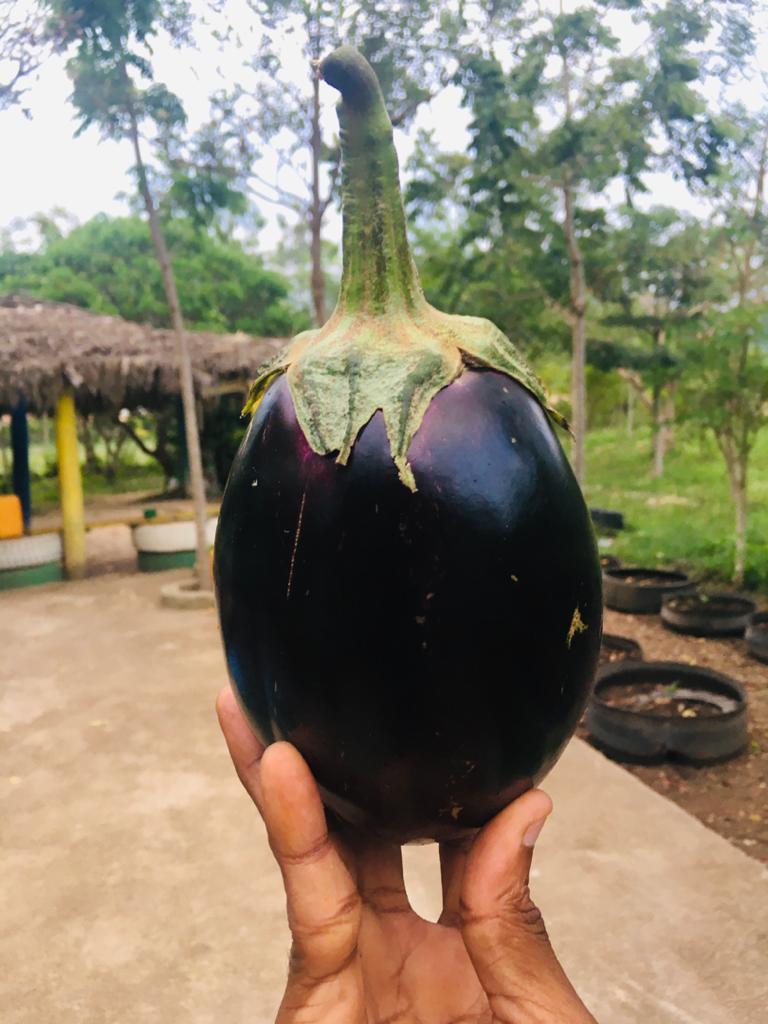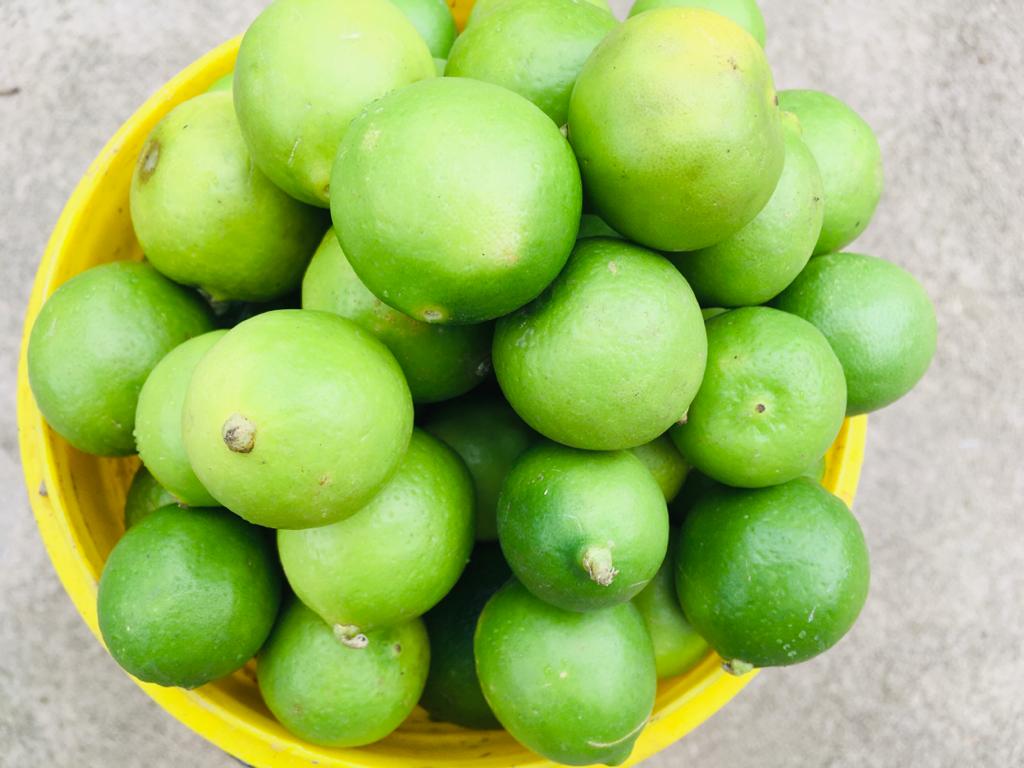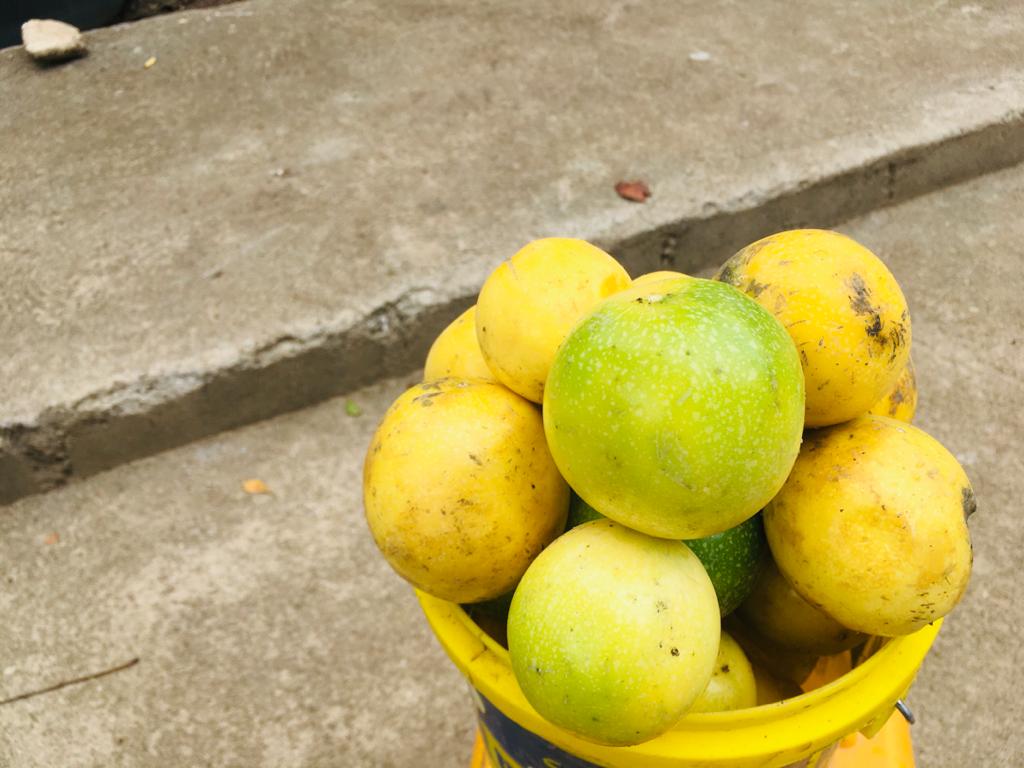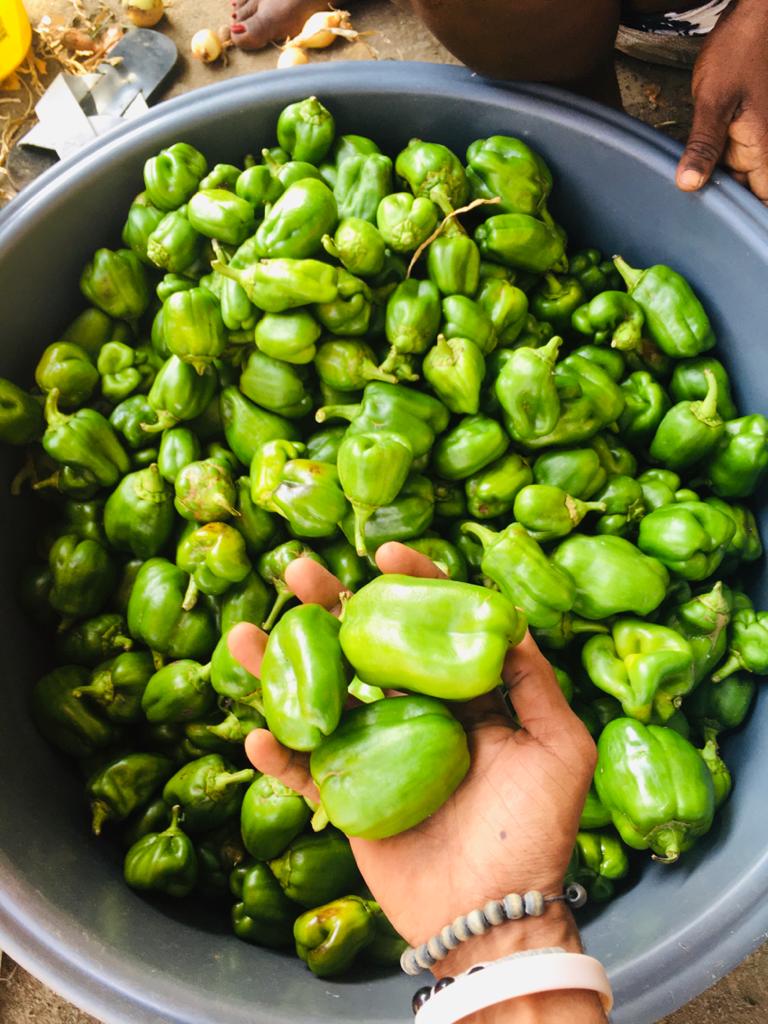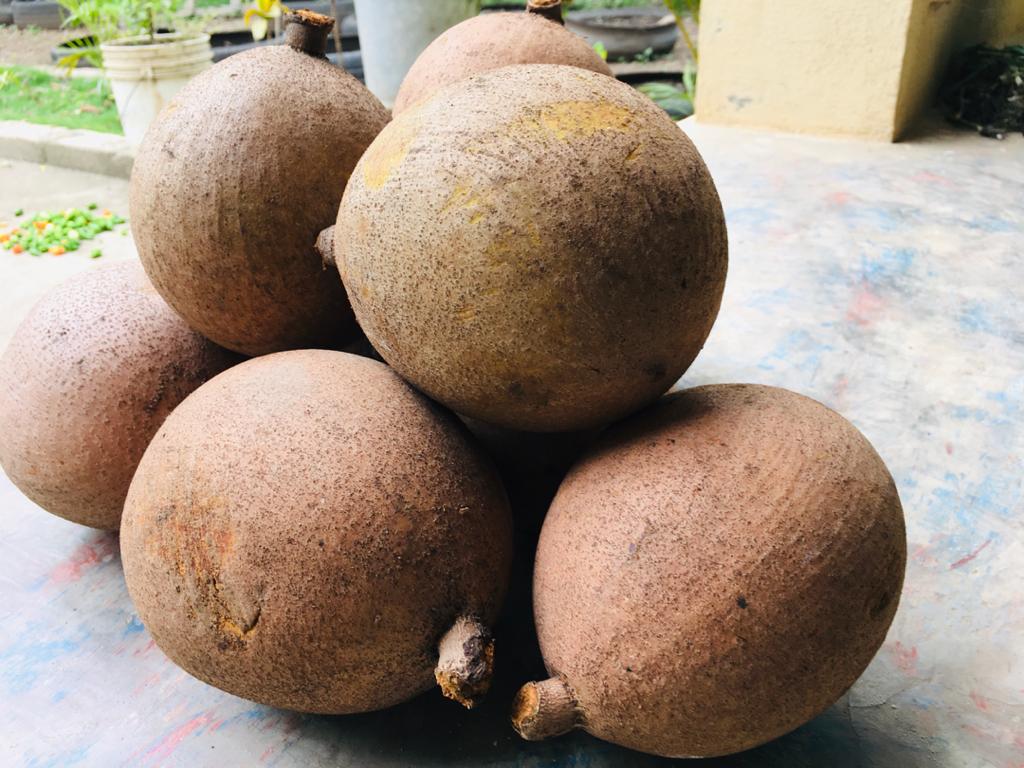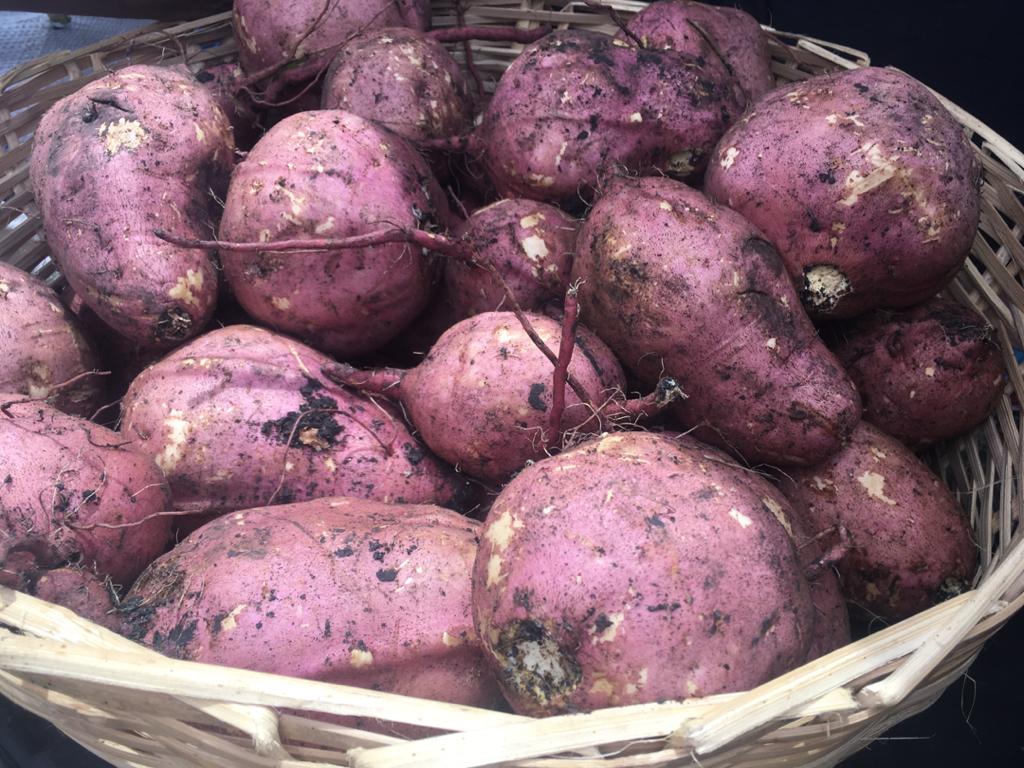Why is composting important in Haiti?
Compost is organic material that can be added to soil to help plants grow. An estimated 70% of trash in Haiti is organic material that could be composted to help enrich the soil, making it more productive for growing food, eliminate trash buildup, and eliminate the release of methane, a potent greenhouse gas.
Clean Challenge is working with local leaders within Haiti to build a transport facility, a place to where trash can be taken and separated into organic material for compost, and trash/recycling. The organic material will be kept out of the newly built landfill and used instead for composting. We're building an efficient composting system, and teaching the local Haitian leaders how to operate the system; in addition, we're transferring knowledge so local leaders can treat composting as a business to generate income and enhance the local economy.
Benefits of Composting
Clean Challenge is working with local leaders within Haiti to build a transport facility, a place to where trash can be taken and separated into organic material for compost, and trash/recycling. The organic material will be kept out of the newly built landfill and used instead for composting. We're building an efficient composting system, and teaching the local Haitian leaders how to operate the system; in addition, we're transferring knowledge so local leaders can treat composting as a business to generate income and enhance the local economy.
Benefits of Composting
- Enriches soil, helping retain moisture and suppress plant diseases and pests.
- Reduces the need for chemical fertilizers.
- Encourages the production of beneficial bacteria and fungi that break down organic matter to create humus, a rich nutrient-filled material.
- Reduces methane emissions from landfills and lowers carbon footprint.
70% of the waste in Haiti is organic material that can be composted. Clean Challenge works with the local people and business owners to train and educate on composting processes. Once waste is composted, the compost material can be provided to farmers and other growers, to enhance the soil and its growing capacity.
Enriching the Food SupplyThe soil in Haiti is especially susceptible to degradation and erosion (soil “washing” or “blowing” away); composting can help overcome these challenges . Multiple factors contribute:
|

